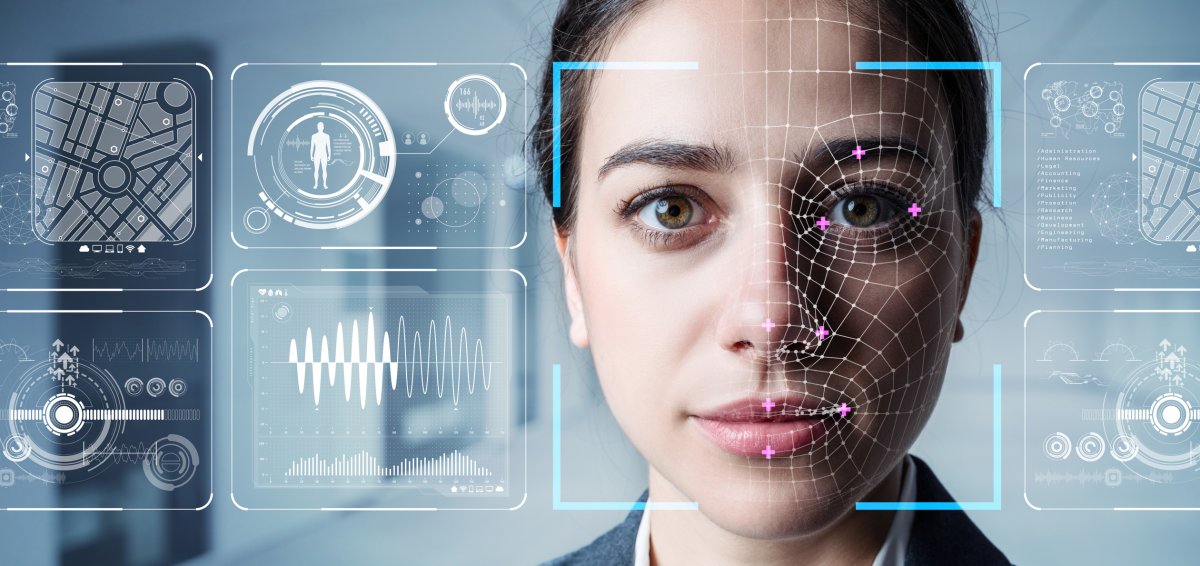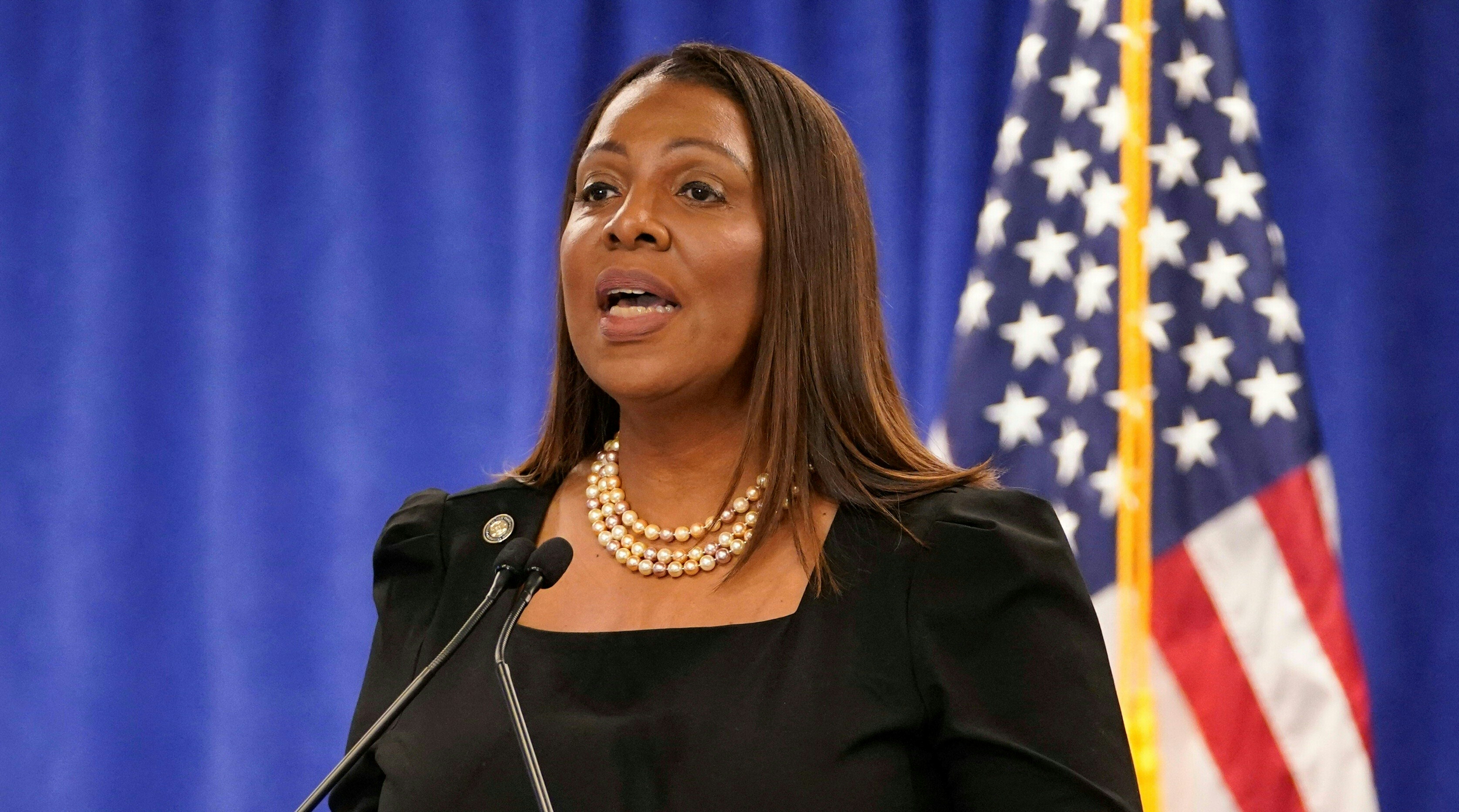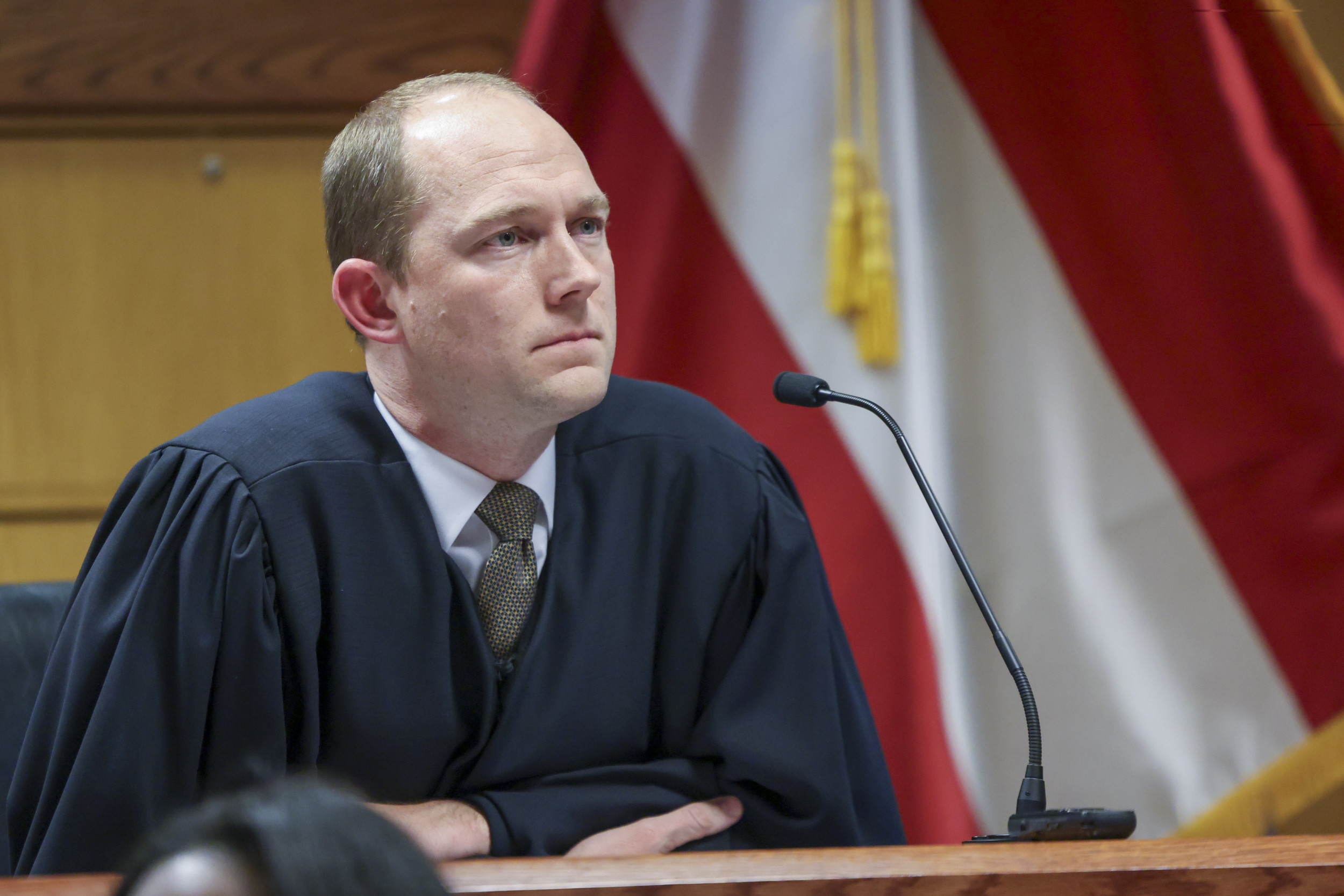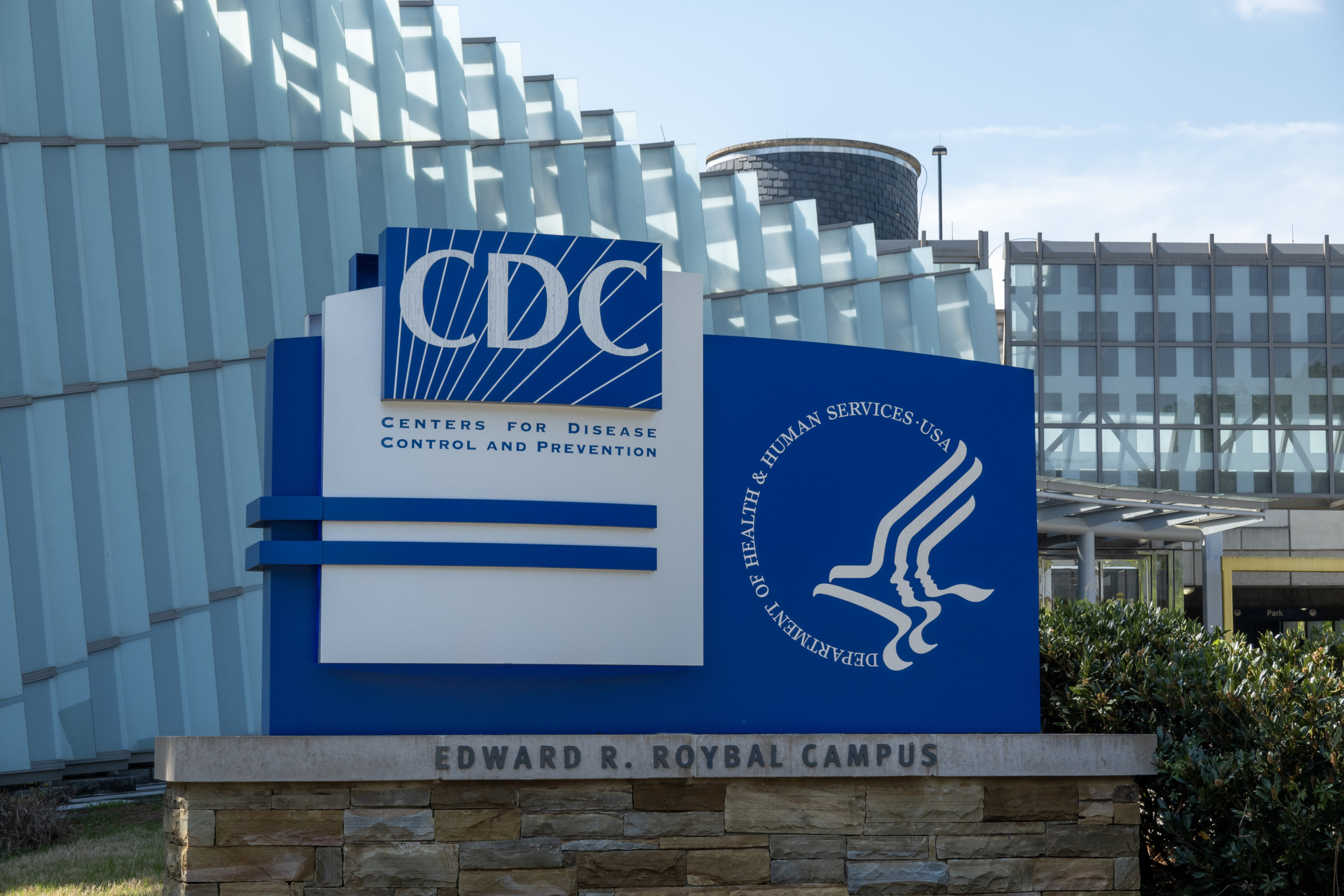Artificial intelligence's ability to create fake images and footage is a deep concern for many, but what if, on a lighter note, you could use it to take professional headshots for an online profile picture?
With the help of AI headshot generators, individuals can now get high-quality, close-up photos without the cost of hiring a professional photographer.
One TikTok user, who goes by the name of @leeeessse, tried the cheat out, and the results in her video, with over 273,000 views, were fascinating. She uploaded an image of her sitting in a bar, and the AI program generated four professional and sleek-looking photos, complete with interview-ready outfits, and perfect hair and makeup. "Lowkey slay," reads the caption.

In the comments, the original poster revealed she used the Remini app. AI has the ability to expertly study your facial features and generate a model based on its understanding of your face. Many people are now using AI to create professional-looking images of themselves, which seems pretty innocent, but is there a darker side?
The new practice has paved the way for fake profiles to become prolific on platforms such as LinkedIn. The social-media networking company has been forced to take new measures to protect members from online scams. Between January 1 and June 30, more than 21 million fake accounts were detected and removed from LinkedIn, according to the company's community report.
In June this year, LinkedIn said that it had partnered with research company academia, "to stay one step ahead of new types of abuse tied to fake accounts that are leveraging rapidly evolving technologies like generative AI," according to its website.
LinkedIn says that its "jointly developed detection technique is able to detect 99.6% of a common type of AI-generated profile photos, while rarely–only 1% of the time–misclassifying a real profile photo as synthetic."
The company does this by looking at:
- Image similarity: The detector compares new images to a database of known fake images to see their similarities.
- Image quality: The detector looks for images that are low-quality or have been manipulated.
- Image context: The detector looks at the surrounding text and other images on the profile page to see if they are consistent with the image.
Despite industry concerns, TikTok users were impressed with the AI results of @leeeessse.
"How does it look so good when you use it but when I use it it makes my face look completely different and as if there was a really weird filter..." wrote one user.
"Wow, please do one for me," commented another.
"You are hired," posted a third.
Newsweek has reached out to @leeeessse via TikTok for comment.
Newsweek's "What Should I Do?" offers expert advice to readers. If you have a personal dilemma, let us know via life@newsweek.com. We can ask experts for advice on relationships, family, friends, money and work, and your story could be featured on "WSID" at Newsweek.
Uncommon Knowledge
Newsweek is committed to challenging conventional wisdom and finding connections in the search for common ground.
Newsweek is committed to challenging conventional wisdom and finding connections in the search for common ground.
About the writer
Leonie Helm is a Newsweek Life Reporter and is based in London, UK. Her focus is reporting on all things ... Read more





